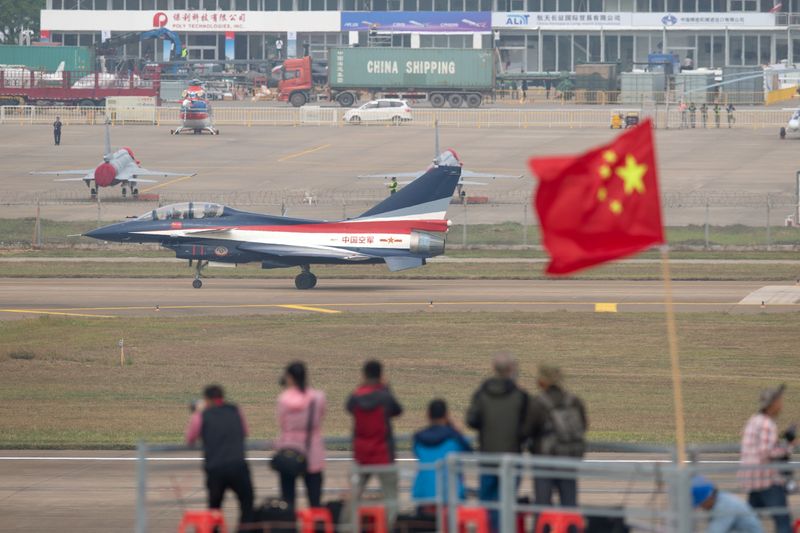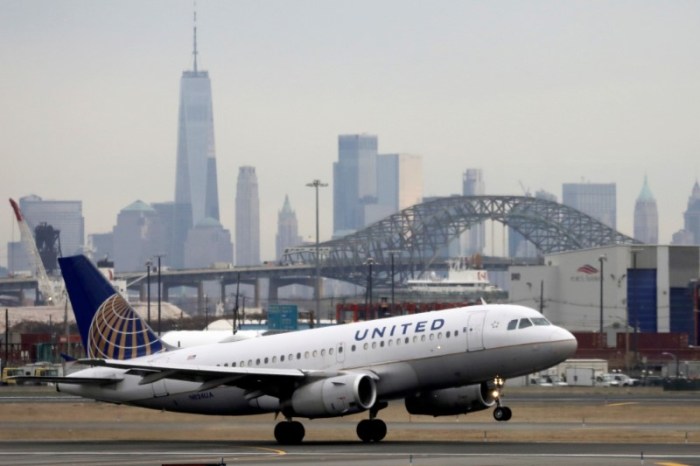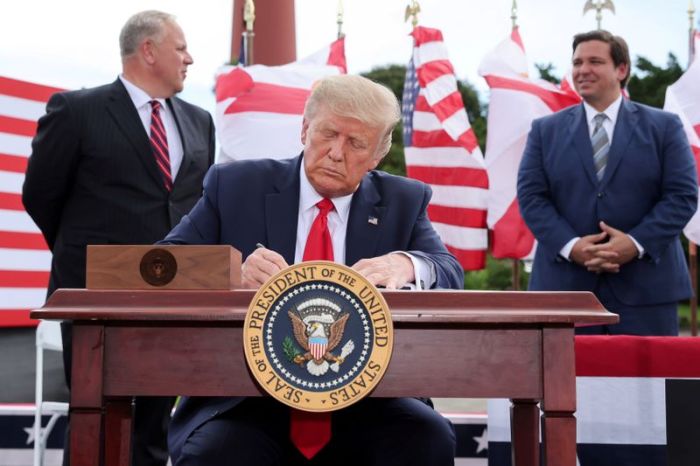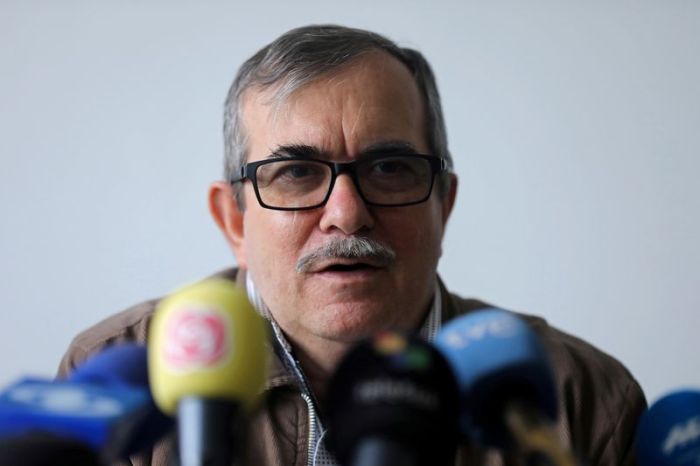BEIJING (Reuters) – China’s International Aviation and Aerospace Exhibition, the country’s biggest airshow, will go ahead in November, the organizer said on Wednesday, backtracking on an earlier announcement the 2020 event had been canceled due to COVID-19.
“As of now, China’s 13th Zhuhai Airshow will still be held as scheduled. If there is any change, please refer to the official news and website,” a spokesman said in a second statement.
An email from the spokesman earlier on Wednesday had said that the airshow, scheduled for November, had been canceled due to the coronavirus pandemic, and the next one will take place in 2022. He later said that statement was based on his own “prediction”.
The biennial event usually draws key suppliers – such as Airbus SE <AIR.PA>, Boeing Co <BA.N> and Commercial Aircraft Corp of China (COMAC) – and has traditionally been used by Beijing to show off its growing aviation capability, such as military fighters and drones.
The announcements come as foreign nationals are largely barred from entering China due to concerns about importing coronavirus cases and severe restrictions on international flights.
This year’s largest aerospace expo, Britain’s Farnborough Airshow, was canceled because of travel curbs and an industry downturn resulting from the pandemic.
The Zhuhai airshow’s organizers declined further comment on the reasons for the change in decision when contacted by Reuters.
China’s domestic aviation industry has been recovering and is now running at more than 90% of pre-pandemic capacity levels, according to data firm OAG, but that has yet to translate into a return to profitability for Chinese airlines.
As the global industry reels from the devastating impact of the pandemic, many Western aerospace companies have reduced budgets and some are not planning to attend the Zhuhai airshow if it goes ahead, company sources told Reuters.
Progress on some key civilian aircraft programs including COMAC’s narrowbody jet C919 and widebody CR929, jointly developed with Russia, has also been slow amid rising geopolitical tensions.
(Reporting by Stella Qiu in Beijing and Jamie Freed in Sydney; Editing by Clarence Fernandez, Ana Nicolaci da Costa and Emelia Sithole-Matarise)
























